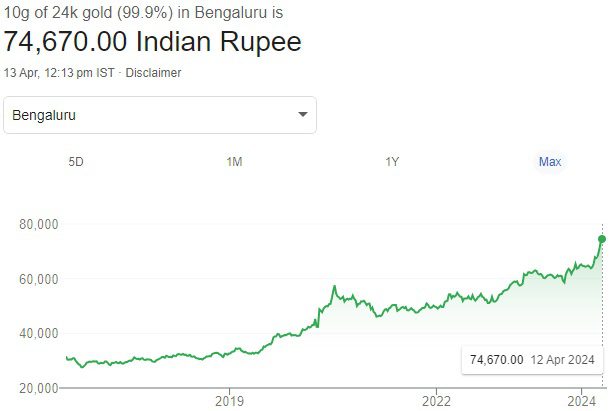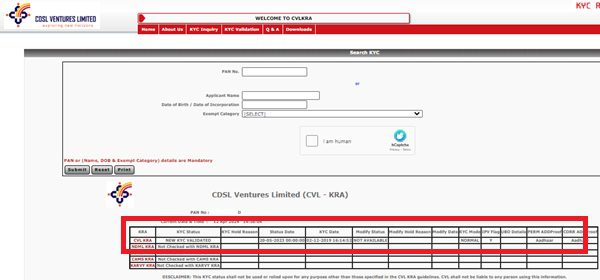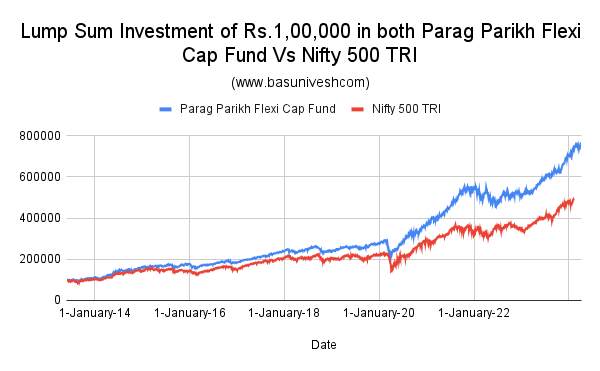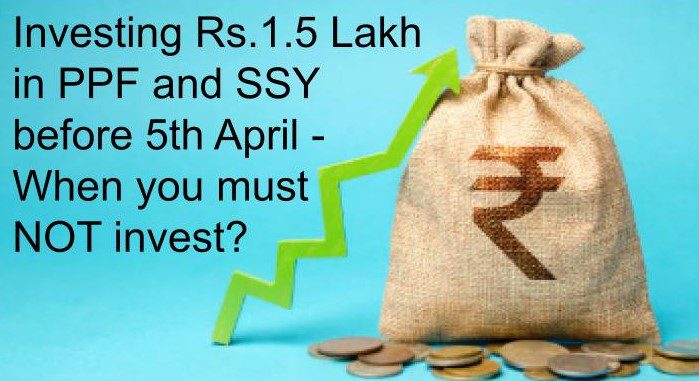I updated few points on Budget speech of Finance Minister yesterday. Now actually we will look how Budget 2012 can affect your Personal Finance.
1) Tax Slabs Revised-Tax slabs are revised with major difference is, their is no different slabs for men and women. Both are treated as General category if their age is below 60yrs (Whereas their was different slabs for men and women previously if age is less than 60 yrs).
A) Below 60yrs of age men and women (General).
Upto Rs.2,00,000-Nil
Rs.2,00,001 to Rs.5,00,000-10%
Rs.5,00,001 to Rs.10,00,000-20%
Above Rs.10,00,000-30%
B) Age 60 yrs and more but below 80 yrs during any time of previous year (Senior Citizens).
Upto Rs.2,50,000-Nil
Rs.2,50,001 to Rs.5,00,000-10%
Rs.5,00,001 to Rs.10,00,000-20%
Above Rs.10,00,000-30%
C) Age 80 yrs and above during any time of previous year (Very Senior Citizens).
Upto Rs.5,00,000-Nil
Rs.5,00,001 to Rs.Rs.10,00,000-20%
Above Rs.10,00,000-30%
2) DTC implementation deffered-Impact is bit positive, you can enjoy your investment in ELSS this year too. It is the only product available for tax savers where lock in is 3 yrs (Rajiv Gandhi Equity Scheme too have 3 yrs lock in but lot of disadvantages).
3) Rajiv Gandhi Equity Saving Scheme-This is the new scheme floated by Govt. Let us see it’s features. Your income should be less than Rs.10,00,000 to invest in this fund. Maximum you can invest is Rs.50,000. Availing benefit is 50% of what you invest i,e Rs.25,000. So if you are under 30% tax bracket then you will save Rs.7,500. Lock in period is 3 years. This scheme is exclusively for new investor. So declaration of investment in shares for income tax returns will be needed for the scheme. As Equity Linked Mutual Fund and Rajiv Gandhi Equity Scheme both are available for investor this coming financial year, Equity Linked Mutual Fund looks good compare to this scheme. Because to avail tax deduction of Rs.25,000 you need to invest Rs.50,000 under Rajiv Gandhi Equity Saving Scheme, whereas you need to invest Rs.25,000 to invest in Equity Linked Mutual Fund under Section 80C. In Rajiv Gandhi Equity Saving Scheme maximum amount you can invest is Rs.50,000 but in case of ELSS you can invest upto Rs.1,00,000. So as of now ELSS looks better option than Rajiv Gandhi Equity Saving Scheme. Here as of now it is believed that the scheme is allowing investors to invest directly into Equity not linke ELSS (which is indirect way of investment). Now the question is, who will guide the new investor to invest directly into equity and how much new investor is comfortable of investing directly into equity? Future clarification of this scheme may have it. For time being let us wait and watch.
4) Savings Account Interest Exemption-This looks better option even though in plain looks like not lucrative. It has been announced that interest from savings account upto Rs.10,000 is exempt from tax. To generate Rs.10,000 as interest you need to invest aprox Rs.1,43,000 if your savings account fetching you around 7% interest. But if you invest the same Rs.1,43,000 in one year FD then you may get Rs.12,870 as a interest (interest rate considered is 9%). But this interest is taxable. If you are under 30% tax bracket then it may cost you Rs.3861 tax. Hence Rs.12,870 (return on FD)-Rs.3,861 (Tax on interest)=Rs.9009 which is less than the 7% return what you got from savings account. So overall this scheme looks better than one year FD for tax payers with highest income tax bracket. But figures may change if we calculate for lower tax bracket payers.
5) Life Insurance Premium-Previously annual premium you pay could not exceed 20% of Sum Assured to avail deduction under section 80C. But it is reduced to 10% of Sum Assured. Effective from policies issued on or after April 1, 2012. Suppose you opted Sum Assured of Rs.1,00,000 then previously you will get maximum Rs.20,000 as deduction but now Rs.10,000.
6) Health Check up expenses under Section 80D-Rs.5,000 is inserted for the health check up expenses under section 80D. But remember limit for Section 80D not raised instead this health check expenses too included with the existing limit of 80D.
7) Jewellery Purchase and Property deals (Other than Agriculture land)-Be ready to pay 1% TDS. Seller will collect this TDS if the transaction exceeds Rs.2,00,000 and sale is in cash. In case of property deals, a property buyer has to deduct 1% tax if deal exceeds Rs.50 lakh for urban properties and Rs.20 lakh for other areas. So if deal is of Rs.1 Crore, seller will get Rs.99 lakh and Rs.1 lakh will be deposited as tax by buyer.
8) Exemption of Advance Tax for seniors-It is not necessary to pay advance tax for seniors if income is not from “Profits and Gains of Business or Profession”
9) Relief from Capital Gain tax on sale of residential property(House or plot of land)-You will get relief from capital gain on transfer of residential property if you invested sale consideration in SME (Small and Medium Enterprises) in the manufacturing sector. But the amount must be utilize by the company to purchase new plan and machinery.
10) Security Transaction Tax (STT) reduced-Previously on Purchase/Sell of delivery based Equity shares or equity oriented mutual funds entered through recognised stock exchange will cost you 0.125% of STT but it is now reduced to 0.1%. Not a cheering news, because your broker may charge you more service tax as Service Tax is hiked now from 10% to 12%.
11) Hike in Service Tax and Excise Duty-In this budget, both the tax rates raised from existing 10% to 12%. So be ready to pay more for the service you get and on few goods which come under excise duty bracket.
These are the few points which I noticed from this Budget 2012 will affect your personal finance in positive way or negative way. Overall pathetic budget from government this time. Reason may be to save government from one more fiasco which they faced after Rail Budget 2012. Hope you enjoy the updation I made to my yesterday’s “Breaking News” items on Budget 2012.










2 Responses
Hi Basu
Thanks for the super-quick update…guess you are the first to do so.
Yes, its a disappointing budget. Though some relief has been provided by way of tax exemptions, however, increase of service tax and excise duties will ensure that things remain that way only.
Deferment of DTC reflects lack of firm decision making abilities at the end of government, and because of this, several investors are confused on what decisions they should make going forward…
thanks again for the update…do share the detailed update also.
Abhinav
Abhinav, thanks for your feedback too. Yes I sat online and completed the points so that readers get immediate updates. Will update the same post by today evening or tomorrow.